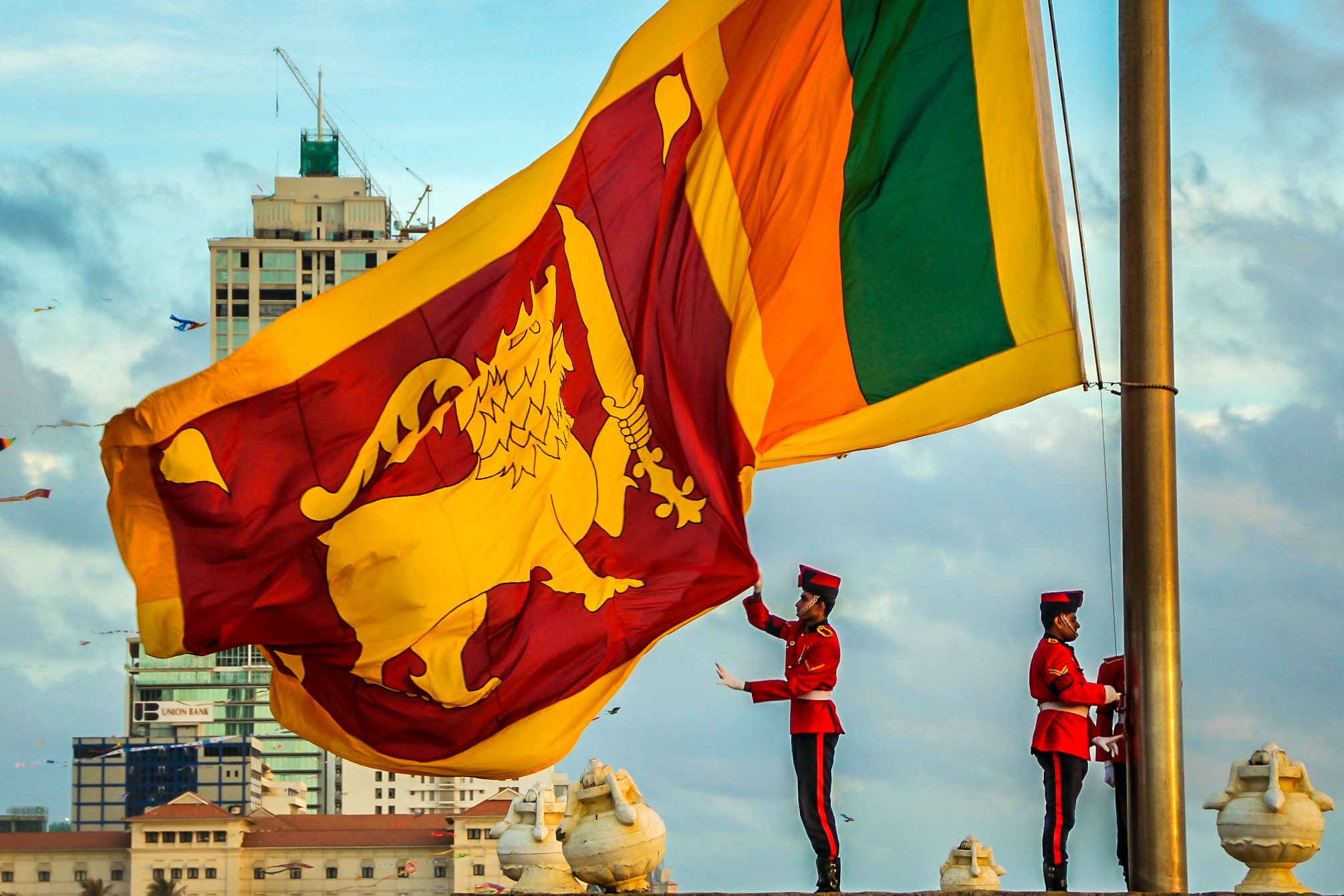khakisofirvington.com – Sri Lanka, a nation with a rich history and a complex political landscape, is on the cusp of a significant transformation. The 2024 presidential election, which saw the victory of Anura Kumara Dissanayake, marks the beginning of a new era in the country’s political journey. This transformation is not just a shift in leadership but a profound change in the way Sri Lanka’s democracy is perceived and practiced.
The 2024 Presidential Election: A Turning Point
The 2024 presidential election was a watershed moment for Sri Lanka. It was a contest that transcended traditional party lines and familial dynasties, which had long dominated the country’s political scene. Anura Kumara Dissanayake’s victory was a testament to the Sri Lankan people’s desire for change and their willingness to embrace new leadership. This election has set the stage for a political transformation that could redefine Sri Lanka’s future.
A New Vision for Sri Lanka
President Dissanayake’s vision for Sri Lanka is one of inclusivity, transparency, and economic prosperity. His campaign focused on the need to break away from the corruption and nepotism that have plagued the country’s political system. By advocating for a more equitable distribution of resources and opportunities, he has struck a chord with the people, who are eager for a government that truly represents their interests.
Challenges Ahead
The road to political transformation is fraught with challenges. Sri Lanka faces significant economic hurdles, including high debt levels, inflation, and unemployment. Additionally, the country must navigate the delicate balance between national security and the protection of civil liberties. President Dissanayake’s administration will need to address these issues head-on, while also fostering a culture of accountability and good governance.
International Implications
The political transformation in Sri Lanka has garnered international attention. The country’s strategic geographical location and its role in regional politics make its stability and prosperity a matter of global interest. The international community is watching closely as Sri Lanka embarks on this new path, with many countries expressing their support for the democratic process and the new government’s reform agenda.
Conclusion
Sri Lanka’s political transformation is a work in progress, but the foundation laid by the 2024 presidential election is solid. President Anura Kumara Dissanayake has the opportunity to lead Sri Lanka into a new era of democracy and development. The challenges are significant, but the potential for positive change is immense. As the country moves forward, the eyes of the world will be on Sri Lanka, hoping that this new era will bring peace, prosperity, and a brighter future for all its citizens.
